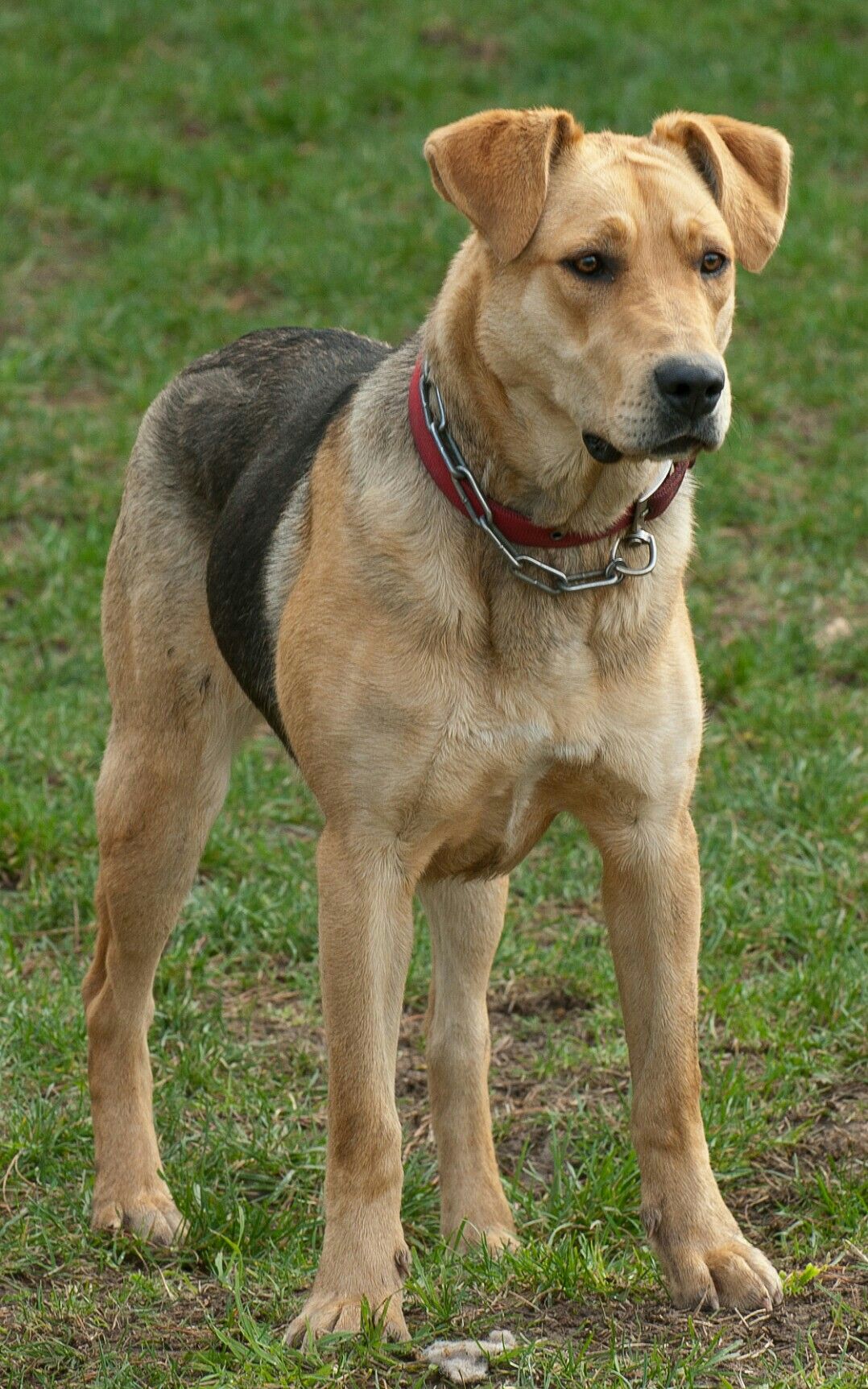Ever heard a dog’s bark echoing through the hills? That’s likely a New Zealand Huntaway, a breed renowned for its herding prowess and booming voice. This comprehensive guide explores everything Huntaway, from their unique history to the practicalities of sharing your life with one of these energetic and intelligent companions. Discover if this loyal and undeniably loud dog is the right fit for your family.
Unveiling the Huntaway’s History
A Symphony of Barks: Origins in the High Country
The NZ Huntaway is no ordinary sheepdog. Developed in New Zealand’s rugged terrain, their loud, resonant bark serves as their primary herding tool, enabling them to manage flocks across vast distances. This distinctive bark evolved out of necessity, proving invaluable in the challenging landscapes of New Zealand’s high country. Their official recognition by the NZKC in 2013 solidified their significant contribution to the nation’s agricultural heritage.
But what breeds created this symphony of barks? The Huntaway’s lineage likely includes Collie, Smithfield, and possibly even a dash of Rottweiler, resulting in a robust physique and powerful voice. This diverse heritage probably contributes to their hardiness and adaptability, making them ideal partners for farmers. Ongoing research may further illuminate the breed’s complex ancestry.
The Huntaway’s Defining Characteristics
Beyond the Bark: Appearance and Physique
Don’t expect a uniform look with NZ Huntaways. Functionality trumps appearance in this working breed. Generally large and strong, they typically weigh between 55 and 99 pounds, with a sturdy build designed for endurance. While black and tan is the most common coat color, variations exist, reflecting the breed’s emphasis on working ability. Their true beauty lies in their strength, stamina, and unwavering dedication.
Temperament and Family Life
Beneath the rugged exterior lies a loyal and affectionate companion. Huntaways are intelligent dogs, eager to please and form strong bonds with their families. While their herding instincts are strong, they can transition from farmhand to family member with relative ease, adapting to diverse lifestyles. However, their booming bark requires careful management. Early training and socialization are essential to teach them when to use their “outside voice.”
Training and Caring for Your Huntaway
Harnessing Energy and Intelligence
Training a Huntaway is rewarding but requires understanding how to channel their boundless energy. Their intelligence makes them quick learners, but they need a constructive outlet. Agility courses, long hikes, herding trials—these activities provide crucial mental and physical stimulation. A bored Huntaway is prone to mischief, so keeping them engaged is key. Early training helps manage their vocal tendencies.
Health and Well-being
Like all breeds, Huntaways have certain health predispositions, including dilated cardiomyopathy (DCM), hip dysplasia, and mucopolysaccharidosis. Regular veterinary checkups are vital for early detection and management of potential issues. A balanced diet, appropriate exercise, and a healthy weight are also essential. Fortunately, grooming is relatively low-maintenance, requiring only occasional brushing.
Is a Huntaway Right for You?
Considering a Huntaway? Ask yourself:
- Can you provide the exercise and mental stimulation they need?
- Are you prepared to manage their vocal tendencies with training?
- Are you ready to embrace their unique blend of working drive and affectionate companionship?
If so, you’ll be rewarded with a loyal and undeniably unique companion, a testament to the powerful partnership between humans and animals. For those captivated by aquatic life, explore the world of the parachromis dovii wolf cichlid.
Huntaways as Family Dogs: A Deeper Dive
Are Huntaways good family dogs? It depends on the family’s lifestyle. Their loyalty is unwavering, often becoming devoted shadows to their human companions. This can translate into protectiveness. They generally get along with people and other dogs, but early socialization is crucial. Their high energy levels require an active family who enjoys outdoor adventures. While intelligent and trainable, their herding instincts may lead to nipping at heels. Consistent training is key to channeling these instincts appropriately. A spacious living environment is ideal, but apartment living is possible with ample exercise and mental stimulation. Their distinctive bark requires consideration, especially in close-quarters living.
Weighing the Pros and Cons
| Pros | Cons |
|---|---|
| Unwavering Loyalty and Affection | High Exercise Needs |
| Generally Good with Children and Other Dogs | Herding Instincts (Possible Nipping) |
| Intelligent and Trainable | Can be Vocal |
| Suitable for Active Families | Ideally Requires Space |
Huntaway Training Pointers
- Start Early: Begin training and socialization immediately.
- Be Consistent: Maintain consistent commands and rewards.
- Socialize Extensively: Expose them to various people, dogs, and environments.
- Embrace Their Instincts: Provide outlets for herding behaviors.
- Manage Barking: Train “speak” and “quiet” commands.
Positive reinforcement methods generally work best. Ongoing research in canine learning suggests that training approaches may evolve, so staying updated is beneficial.
Decoding the Huntaway’s Ancestry
The Huntaway’s heritage is a fascinating blend. While not purebred, their lineage typically includes British Sheepdogs and Collies, providing the foundation for their herding abilities. Border Collies and Bearded Collies probably contribute intelligence and agility. Other possible contributors include Labrador Retrievers, Rottweilers, Harriers, Gordon Setters, and Smithfield Collies, potentially adding strength, stamina, and perhaps influencing their bark. Some even suggest German Shepherd or Doberman Pinscher, though this is less certain. This diverse mix reflects the need for a dog capable of communicating across vast, rugged terrain. The NZKC’s 2013 recognition prioritized working ability over appearance, resulting in a variety of looks within the breed. Ongoing research may shed more light on this complex ancestry.
The Cost of Huntaway Companionship
Bringing a Huntaway home involves financial and time commitments. Puppy prices range from $300 to over $1,500, depending on the breeder, pedigree, and location. Reputable breeders typically charge $500-$1,000. Adoption is a cost-effective alternative.
Annual expenses, including food, vet care, grooming, and other necessities, can range from $500 to $1,000. Their active lifestyle necessitates high-quality food, regular vet checkups, and a secure environment. Training is crucial, especially given their independent nature and strong bark.
Breaking Down the Costs
| Cost Category | Estimated Annual Cost |
|---|---|
| Food | $200 – $400 |
| Vet Care | $150 – $300 |
| Toys/Treats | $50 – $100 |
| Training | $100 – $200 |
| Other | $50 – $100 |
| Total | $550 – $1,100 |
Beyond finances, Huntaways require a significant investment of time and effort for exercise, mental stimulation, and training. Early socialization is critical for their development.
Owning a Huntaway is a rewarding experience for those prepared to meet their needs. While demanding, their loyalty, intelligence, and energetic spirit make them exceptional companions.
- Unlock Elemental 2 Secrets: Actionable Insights Now - April 2, 2025
- Lot’s Wife’s Name: Unveiling the Mystery of Sodom’s Fall - April 2, 2025
- Photocell Sensors: A Complete Guide for Selection and Implementation - April 2, 2025
















